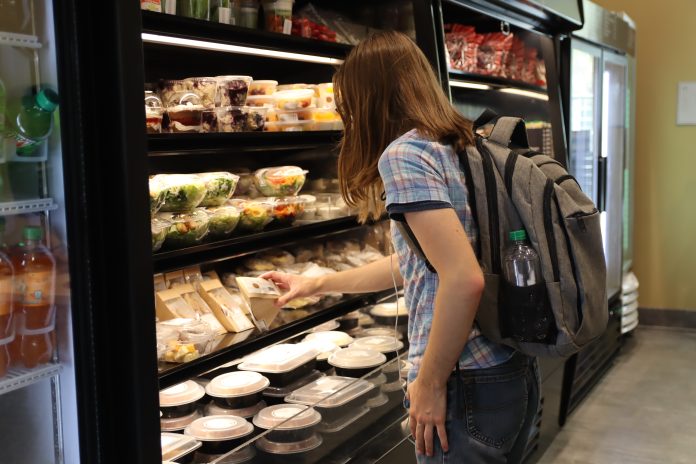
From changing the amount of time shared on the iPad to stealing the leftovers in the fridge with your name that supposedly claimed ownership, every child with siblings understands how it feels to renege on a deal. After all, the first response from a child’s mouth after they are upset is: “It’s not fair!” Because of this awareness, many of us are acutely tuned to know when we are mistreated.
The principle of mutual consent is at the center of almost every transaction. Buyers, sellers, employers, and employees enter into agreements with the understanding that they will be upheld once the terms have been agreed upon. Many assume that once deals are sealed, they are solidified agreements. Altering the terms of the agreement after the fact would be considered highly unethical since it violates the trust of the affected party. Is this belief always justified? Are there circumstances that would make it permissible or even necessary?
Similarly, the DePauw community is in an uproar over the recent change in swipe usage at the campus convenience store. While swipes used to be interchangeable for DPU Flex dollars, allowing students to purchase items of their choosing, meal swipes are now restricted to entrees and sides. Various combinations are generally worth more than a swipe, meaning more food for less money.
Regardless, many students are becoming increasingly frustrated that some items in the convenience store are restricted to DPU Flex purchases. In the long term, this would mean students wasting swipes that replenish weekly in favor of DPU Flex, which only refreshes once a semester. In a nutshell, DePauw has devalued what it means for some students to spend a swipe at the C-Store. This particularly relates to students with the most meal swipes, at 18 per week. Meal plans are also offered at 14, 12, seven, and four weekly swipes.
In addition to changing the valuation of meal swipes, DePauw announced the changes in swipe valuations shortly after the start of the first semester—well past the Aug. 8 deadline to submit meal forms for the 2024 Fall Term. Many students feel cheated since they chose their meal plan based on prior swipe designations.
Still, is there a reason DePauw would change how students could use their swipes at this point in the semester? Rather than expressing frustration at the current circumstances, examining the context surrounding the meal plan change is necessary to consider situations where changing the policy terms (i.e., meal plan structure) would be a more appropriate reform. For an adjustment of an agreement to be ethical, it must have four elements: transparency, consent, necessity versus convenience, and proportionality. These elements have been selected for their immediate relationship to the structure and scope of a deal.
Firstly, changing these swipes could be more mutually beneficial. Even though options are more limited for DPU swipes, the options add up to more value than the approximate $7.40 the swipe was initially valued at in the C-Store. Although the options are more limited, they can also be stretched further. Regardless of the original meal plan offered by the university, students now stand to benefit more from a singular swipe at the C-Store.
Another explanation is the increasing prices of foods since the pandemic. Food prices have continued to grow, prompting the university to raise the prices of chain items such as energy drinks, sweets and other small snacks. While prices haven’t been raised, these items seem more exclusive than previous availability, considering that they aren’t involved in the swipe combination option. Even though this change can be frustrating, DePauw must adapt to the evolving economy just as its students must adjust to new policies. It is unfair to expect administrations to control economic conditions, so they must take necessary action.
Transparency and consent take more time to establish in this context. While the permission of the entire student population wasn’t consulted, it is reasonable to assume that the meal swipe change went through many hands before it was fully implemented. Transparency can be attributed to the notifications DePauw Dining sent to the student body and the pamphlets provided in the convenience store itself. Even though this is a difficult change for some students, it may be better in the long run — students need the optimism to see it through. It is easy to presume the long-term effects without them coming to pass, so patience is required to see this through.
Regardless, the lack of consent raises some ethical questions about this case. Should students have a say in their meal plan funds, or should the administration have complete control over this? How does the change in swipe usage affect the student body’s trust in the administration?
In DePauw’s case, the changes to swipe usage can be viewed through the pressure of broader economic factors such as rising food costs. The changes may even provide long-term benefits to students despite the initial frustration; however, the lack of explicit consent remains a point of contention. Although transparency, necessity, and proportionality are present, these values cannot fully compensate for the lack of student input. Ultimately, while these changes may be necessary and justifiable, they still highlight the ongoing ethical tension between flexibility in policy-making and the trust established through mutual consent.
